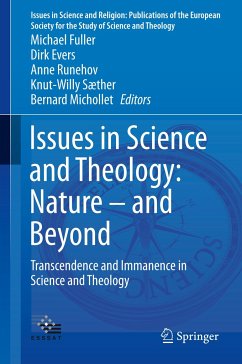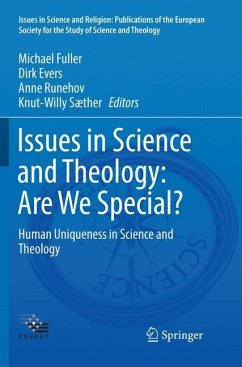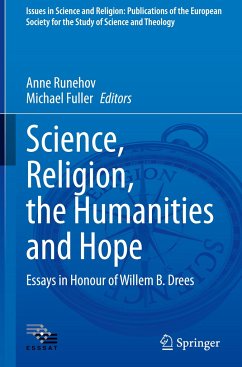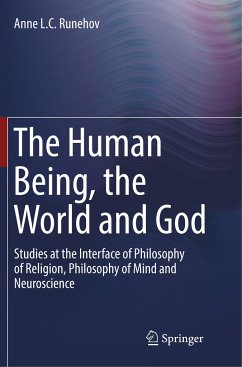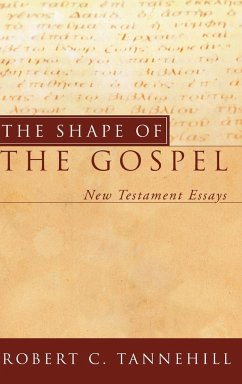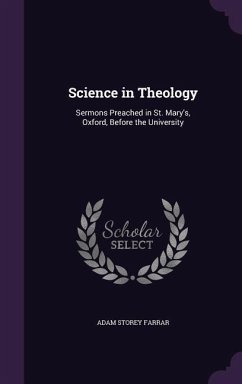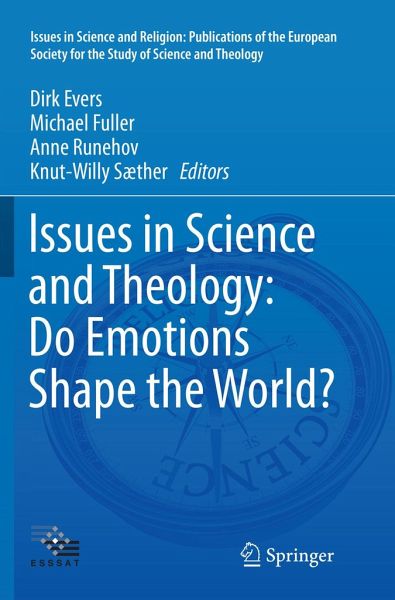
Issues in Science and Theology: Do Emotions Shape the World?
Versandkostenfrei!
Versandfertig in 6-10 Tagen
76,99 €
inkl. MwSt.

PAYBACK Punkte
38 °P sammeln!
This volume examines emotions andemotional well-being from a rich variety of theological, philosophical andscientific and therapeutic perspectives. To experience emotion is a part ofbeing human; but what are emotions? How can theology, philosophy and thenatural sciences unpack the nature and content of emotions? This volume is based on contributions to the15th European Conference on Science and Theology held in Assisi, Italy. Itbrings together contributions from scholars of various academic backgrounds from around the world, whose individual insights are made all the richer bytheir juxtapositi...
This volume examines emotions andemotional well-being from a rich variety of theological, philosophical andscientific and therapeutic perspectives. To experience emotion is a part ofbeing human; but what are emotions? How can theology, philosophy and thenatural sciences unpack the nature and content of emotions? This volume is based on contributions to the15th European Conference on Science and Theology held in Assisi, Italy. Itbrings together contributions from scholars of various academic backgrounds from around the world, whose individual insights are made all the richer bytheir juxtaposition with those from experts in other fields, leading to aunique exchange of ideas.






